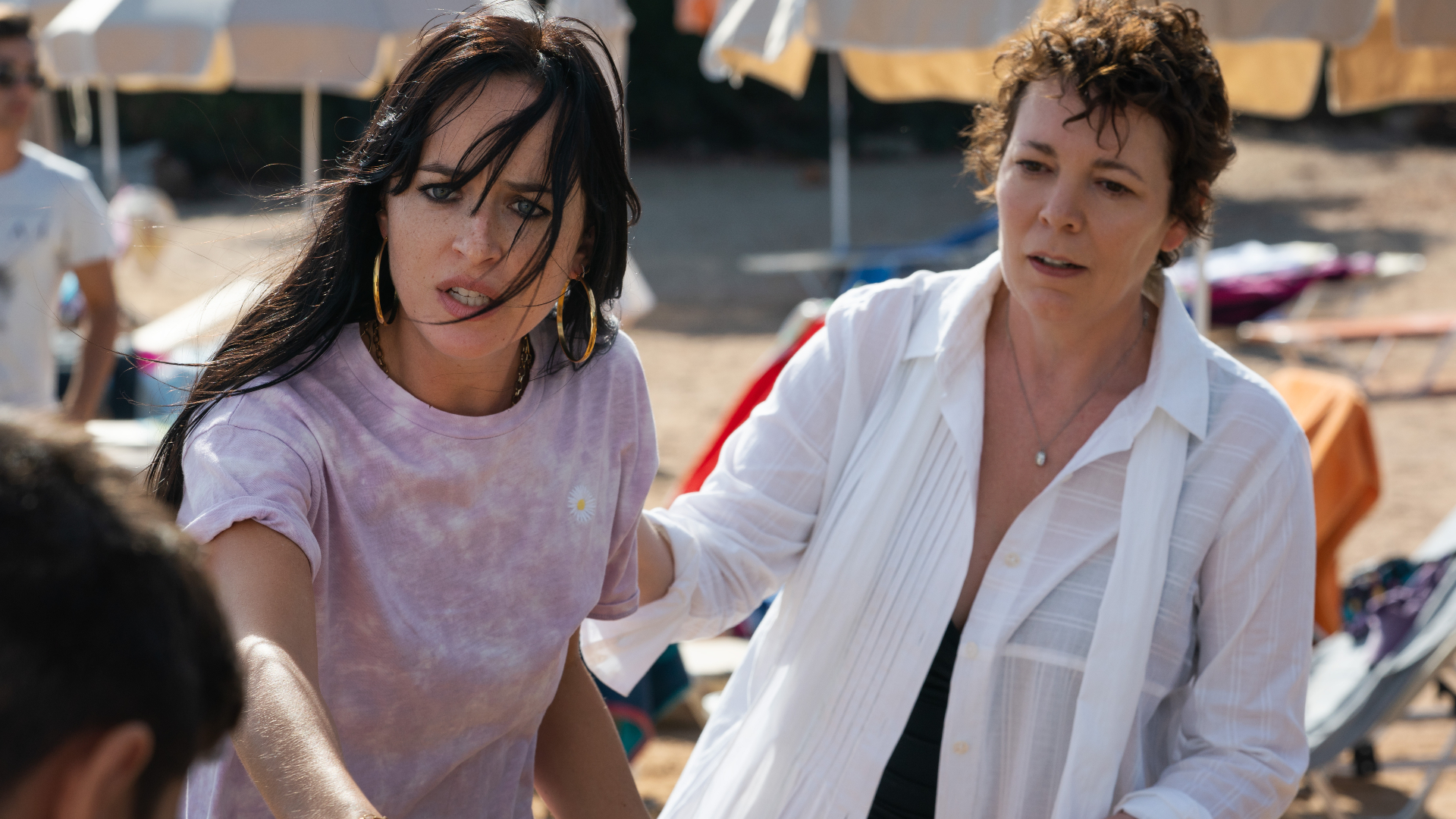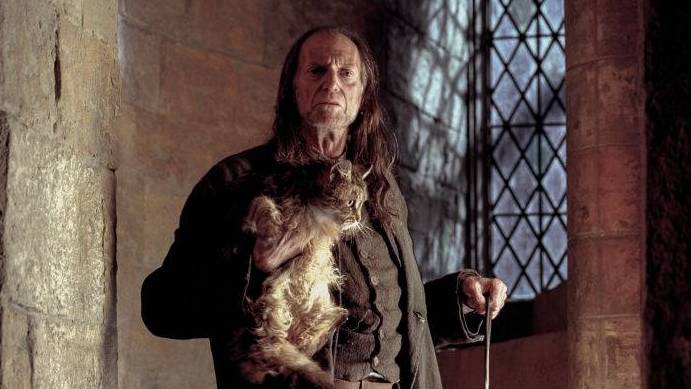What to Watch Verdict
This is a quiet, thoughtful film about imperfect people, hinting at an imperfect truth.
Pros
- +
Top to bottom, this is an excellent cast
- +
Maggie Gyllenhaal demonstrates confidence as a director that's rare for a debut feature
- +
The film's examination of motherhood is messy and imperfect, and therein lies the beauty
Cons
- -
Drags a little in the back half
Elena Ferrante’s The Lost Daughter is a dense little novel that is so packed with parallel symbolism and psychoanalytic commentary that it’s an astounding feat of brevity coming in under 150 pages. It’s such a thematically hefty work that even a seasoned director might find it hard to successfully adapt the novel’s examinations of motherhood, depression and personal autonomy. So it’s somewhat shocking to see this adaptation written and directed by Maggie Gyllenhaal — on her debut behind the camera — that is so confident and self-assured it feels like the work of someone with many more credits to their name.
Gyllenhaal’s script for The Lost Daughter hues fairly close to Ferrante’s original text. It follows 48-year-old professor Leda (Olivia Colman) on summer vacation in Greece — alone and estranged from her adult daughters, back in North America. While studying on the beach one day, she encounters another vacationing family. She becomes particularly fascinated with a young mother, Nina (Dakota Johnson) and her 4-year-old daughter, Elena, who is herself enamored with a doll that she drags up and down the sandy beach.
When Elena goes missing one day, Leda becomes entangled in the search for her. While Elena is soon discovered to be fine, the doll is nowhere to be found. That’s because, seemingly inexplicably, Leda has taken and hidden the missing doll — causing a breakdown in Nina’s ability to cope with her attention-starved daughter.
The reason for Leda’s abduction of the little plastic doll is, at first, something of a mystery. Flashbacks to Leda’s time as a young married mother (portrayed with raw spirit by Jessie Buckley), however, reveal a parallel between hers and Nina’s challenges with motherhood. The conflict between Leda’s desire for self-actualization, to pursue a rewarding academic career and her love for her daughters creates a fracture in her soul that she regrets to the present day. The performances by Colman and Buckley are such a perfect complement to one another that it’s uncanny — an expression of such finely-tuned character work that bridges the gap between universal experience and specific character study.
What Gyllenhaal manages to capture is not just the specifics of the experiences shown within the story, but also the internal struggle motivated by forces Leda doesn't seem to fully understand. There’s a schism between the desire to be more than "a mother", to be more than what your mother was for you, to be a fully autonomous being in your own right and the love, care and attention that young children demand.
The movie's perspective on men is not quite as nuanced — it makes no bones about a large component of the stress of motherhood being the shirked responsibilities that traditional masculinity affords young fathers. Men in the film are physically present but emotionally unavailable: shown by Nina’s husband Toni (Oliver Jackson-Cohen) —a gangster who uses threats and intimidation to get what he wants, Peter Sarsgaard as Leda's charming, but flighty, lover and Nina's risky holiday romance with Normal People's Paul Mescal. This carries across slightly better with the portrayal of Leda’s ex-husband (Jack Farthing) — seemingly caring but emotionally oblivious. The closest thing to a masculine ideal comes in the form of Lyle (Ed Harris) an American ex-pat from whom Leda is renting a flat. Lyle is somewhat desperate in his desire for female company and unable to take a hint when Leda wishes to be left alone, but he is ultimately supportive when she needs it.
Maggie Gyllenhaal is so attentive to the details of Ferrante’s novel that it comes across as slightly too loyal to the source material. Coming in at about two hours long, the pacing of the back half drags a bit. However, Gyllenhaal has demonstrated herself to be a powerhouse of an actors’ director, guiding her performers in ways that complement each other’s strengths without bombast or showing off.
The Lost Daughter is a quiet, thoughtful film about imperfect people, hinting at an imperfect truth: how imperfect mothers necessarily are and the imperfections that are passed along in the process.
The Lost Daughter premieres on Netflix Dec. 31.
Leigh Monson has been a professional film critic and writer for six years, with bylines at Birth.Movies.Death., SlashFilm and Polygon. Attorney by day, cinephile by night and delicious snack by mid-afternoon, Leigh loves queer cinema and deconstructing genre tropes. If you like insights into recent films and love stupid puns, you can follow them on Twitter.












